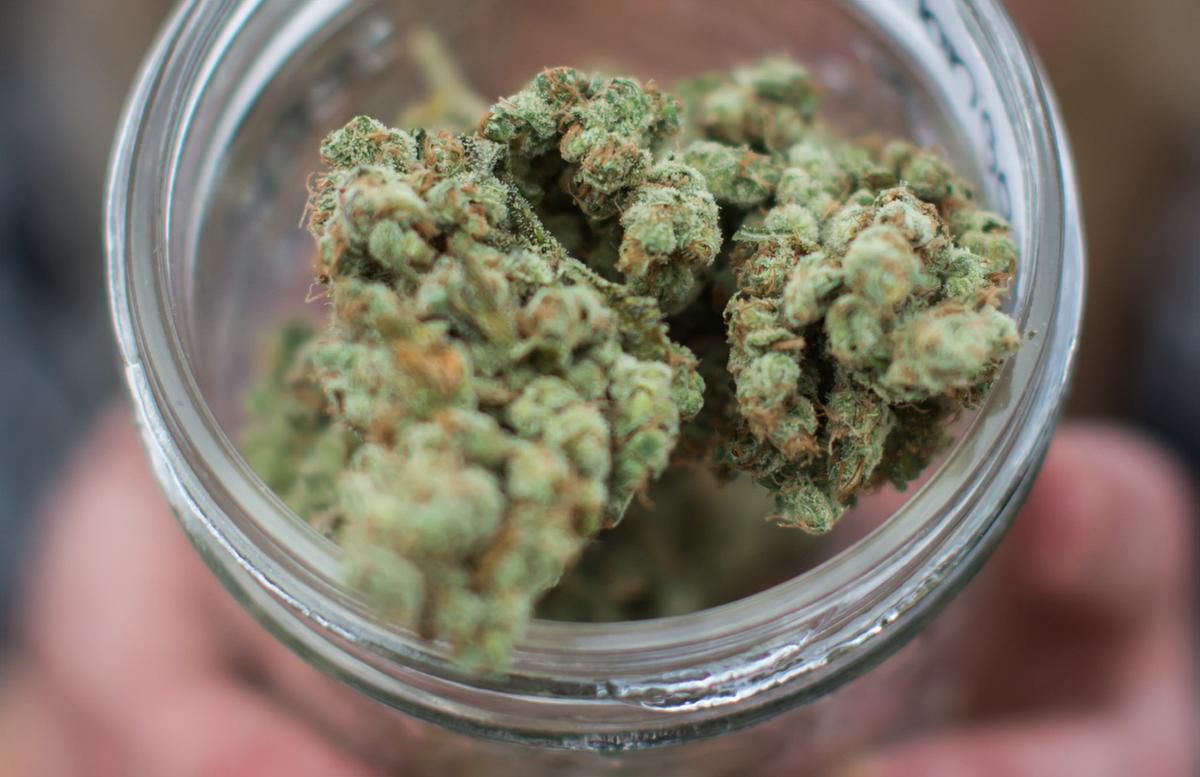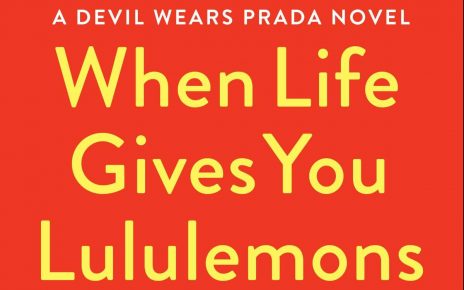MONTREAL—There is a debate in the Arctic territory of Nunavut about how to translate the word that is on everybody’s lips these days.
Cannabis will be legal across the country on Oct. 17 with the adoption of a bill in the House of Commons last week. Legislators in Nunavut passed their own local law this month that puts in place rules and regulations for sale and distribution of the drug.
But it’s the official Inuktitut name that has been created for cannabis — a plant as alien to the Arctic tundra as a rose — that has left some Nunavummiut with a bad buzz.
The word is “surrarnaqtuq” and it did not sit well with Joelie Kaernerk, an elected member of the Nunavut legislature representing the constituency of Amittuq, which includes the hamlets of Igloolik and Hall Beach.
“I’ll just point out that it doesn’t really mean anything in my dialect,” he told the legislature this month, during a question to Deputy Premier Deavid Akeeagok. “If a store was set up and used that term, I wouldn’t understand because it’s not in my dialect.”
TOP STORIES. IN YOUR INBOX: For the day’s top news from the Star’s award-winning journalists, sign up for our daily headlines newseltter.
Even Akeeagok admitted that “I seem to be the only one who uses that term.” He insisted, though, that this was the edict of Nunavut’s language authority, which has the final word on the use of Inuktitut in the territory.
In southern Canada, cannabis is almost interchangeably referred to as marijuana, weed or pot. Nunavut’s Inuit majority, whose mother tongue is Inuktitut, have also come up with a variety of terms for the pungent plant north of the Arctic Circle.
One of those names is “ujarak,” which means “rock” and came into use in the 1970s. It refers to the fact that marijuana smokers consumed the drug and became “stoned.”
Read more:
Ontario passes Cannabis Act, will take effect July 1, 2018
Depending on which Inuktitut dialect is being spoken, some people also refer to cannabis or marijuana as “miluksi” or “milutsi.” This word refers to the act of smoking the drug and comes from the Inuktitut verb “to inhale.”
Many Inuktitut speakers also refer to cannabis as “aangajaarnaqtuq.” This is an older, well-established term that was coined in reference to the effects of alcohol consumption on an individual and means, quite literally, something that makes a person drunk.
But the introduction of cannabis legislation in Nunavut was an opportunity to create a specific term that might better be applied to the plant in its many medicinal and recreational forms.
“For that reason, (the Nunavut government) wanted to change the term altogether,” said Jeela Palluq-Cloutier, executive director of the Inuit Uqausinginnik Taiguusiliuqtiit, the territory’s language authority.
The Iqaluit-based agency’s five-person board of directors was handed the task. The board is made up of individuals from different regions of Nunavut, a territory in which seven different Inuktitut dialects are spoken.
“First of all, our task is to ensure that all members understand exactly what we’re trying to find a term for in Inuktitut,” Palluq-Cloutier said, adding that not all members of the board read or write in English. One, for example, is a unilingual elder.
“Sometimes we use images, sometimes we describe, sometimes we explain what the term is.”
The challenge with cannabis, she said, was its multiplicity of uses and forms. Yes, it can be smoked and it can leave the user feeling stoned or otherwise intoxicated. But it can also be ingested in pill form, used as a cooking oil or made into a lotion to ease sore joints.
That is the reason that the language authority opted for the word “surrarnaqtuq,” Palluq-Cloutier said.
“It means, ‘to have an effect,’ ” she said.
“Many dialects use it and one of the dialects that does not use it is in the western regions, but they will have an equivalent to the term ‘to have an effect.’ ”
Former Nunavut premier Eva Aariak, who also served as the territory’s first language commissioner, said she was underwhelmed by the choice of “surrarnaqtuq” mainly because it is such a general term.
The same term is applied when there is a chemical reaction, Aariak said. Pullaq-Cloutier herself noted that “surrarnaqtuq” can also be used when someone becomes tipsy from one-too-many glasses of wine.
“For lack of a better word at this point, it works,” Aariak said. “But it needs to be a bit more definitive, I think. Although, even in English there are many words that are the same but mean different things. I’m not saying it’s wrong, but language development in that capacity is new.”
Pullaq-Cloutier acknowledged the Inuktitut name for cannabis was a majority-rules imposition by the language authority meant to ensure uniform usage across a vast territory. But she was confident that the strange-sounding term would not alienate cannabis consumers for too long.
“In making a decision like that, they also think that it may sound funny at first, but once people get used to it and it’s been coined for that term, then it will become normal use down the road,” Palluq-Cloutier said.
Aariak likened the pressure of creating Inuktitut equivalents for English terms to that faced by Quebec’s Office Québécois de la langue française.
Commonly known as the provincial “language police,” the government body has ruled in the past that a “grilled cheese sandwich” should be referred to in Quebec as “un sandwich de fromage fondu” before backing down in the face of popular usage and widespread ridicule.
Aariak said it is important in any language that the newly invented word slip easily into its new environment and begin sliding off the tongues of its speakers, but it doesn’t always work.
“This is the gamble that you take in any language development. When you come up with a term you let it simmer and see how it goes and see how it is used,” she said.
“Inuktitut was so succinct and perfect for everything that was around us in our environment before European introduction … They already had words for every little thing. With the introduction of the outside world, we now have to worry about coming up with proper terms that are new to us.”






